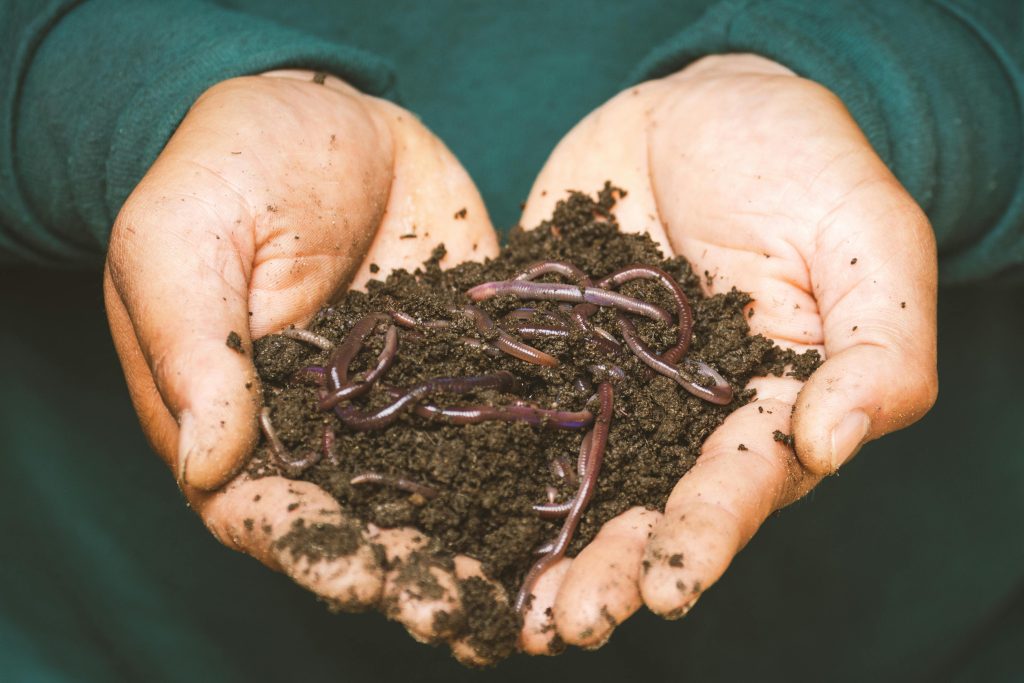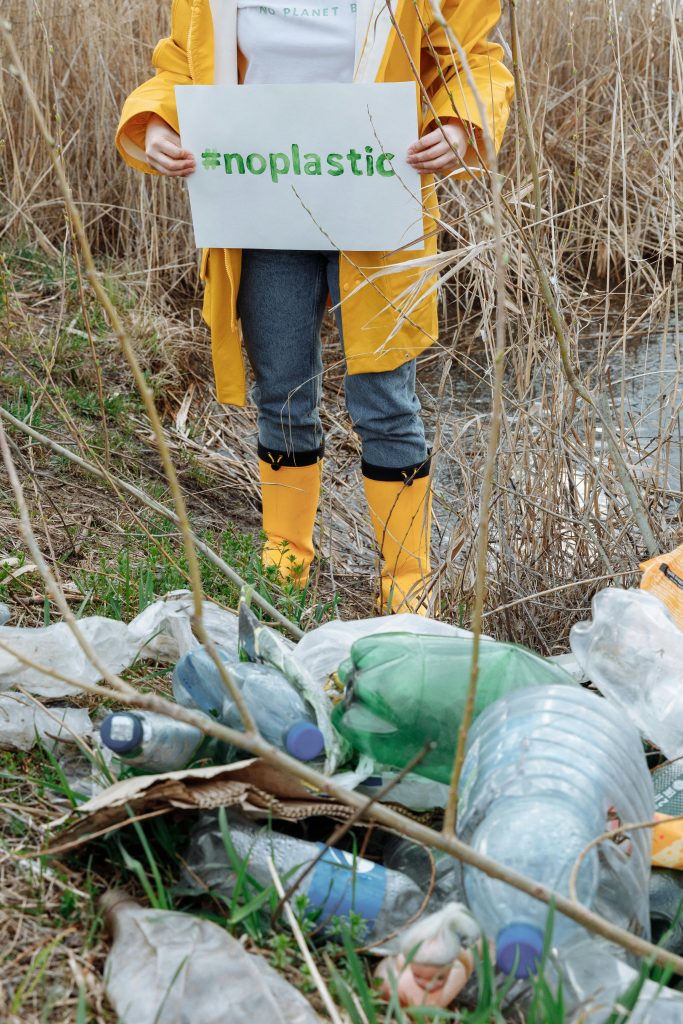
According to the EPA, the average American generates about 4.9 pounds of waste every day. At the same time, 66% of Americans have said that sustainability is important to them when shopping for new products. When you are just beginning your journey to starting a zero-waste lifestyle, it may seem like a big undertaking. However, even small changes can make a big difference. Here we’ll share some beginner’s tips for going green.
Follow The 5 R’s of a Zero Waste Lifestyle
The guiding principles of a zero-waste lifestyle are refuse, reduce, reuse, recycle, and rot. If you use these 5 R’s in your everyday life, you’ll be on your way to going green. Refusing means not letting waste enter your life in the first place. Reducing means that you get rid of things you don’t need and live a minimalist lifestyle. This also applies to our purchasing habits, which can have harmful effects on the earth. Next, reusing is the practice of repurposing items or looking for items that aren’t disposable. Recycling shouldn’t be your first line of defense to a zero-waste lifestyle, but it is an important part. Lastly, rot is learning to compost which we will discuss further.
Composting 101

Composting is the process of recycling organic matter like food scraps. Food scraps and garden waste combined make up more than 28% of what we throw away, according to The EPA. Not only are landfills costly, but they also emit methane gases further contributing to greenhouse gases and global warming.
Compost helps things decompose faster by making the ideal environment for bacteria, fungi, and worms to accelerate the process. The decomposed compost, sometimes called black gold, can be a rich fertilizer for plants and gardens.
Choose Reusable Items

Try to reduce your consumption of single-use products like paper towels, plastic water bottles, and paper bags. A plastic water bottle can take up to 1,000 years to decompose in a landfill. There are plenty of options for reusable alternatives for these items. Just switching to a reusable glass water bottle can make a huge impact!
Wear Sustainable Clothing
To live a zero-waste lifestyle, take a look at your closet. Aim for quality of fabrics in organic materials like cotton and linen. Also, be aware of the companies that produce your clothing. Fast fashion brands like Shein are not environmentally friendly. In 2023, Shein emitted 16.7 million metric tons of carbon dioxide, which is more than four coal power plants emit in a year. The company also uses toxic chemicals during production. Shopping for sustainable brands and buying secondhand can all help the huge problem that the fashion industry poses.
Make Your Own Cleaning Products
Making your own cleaning products isn’t difficult and is much greener and better for you as well. Baking soda, vinegar, lemon juice, and essential oils all have anti-bacterial properties. Making your own cleaning products is also a very cost-effective solution.
Reconsider Your Transportation
While public transportation, biking, or walking are the most sustainable ways to get around. There are things you can do to make your car greener. Just changing your car’s air filter can have a significant impact. Of course, you can also consider an electric car or hybrid for your next purchase to fit into your zero-waste lifestyle.
Committing to a Zero Waste Lifestyle
Don’t let perfection stop you from making better decisions. Committing to a zero-waste lifestyle takes time. Every small change you make though is helping you and the environment. How do you make choices that are more sustainable?
Read More

